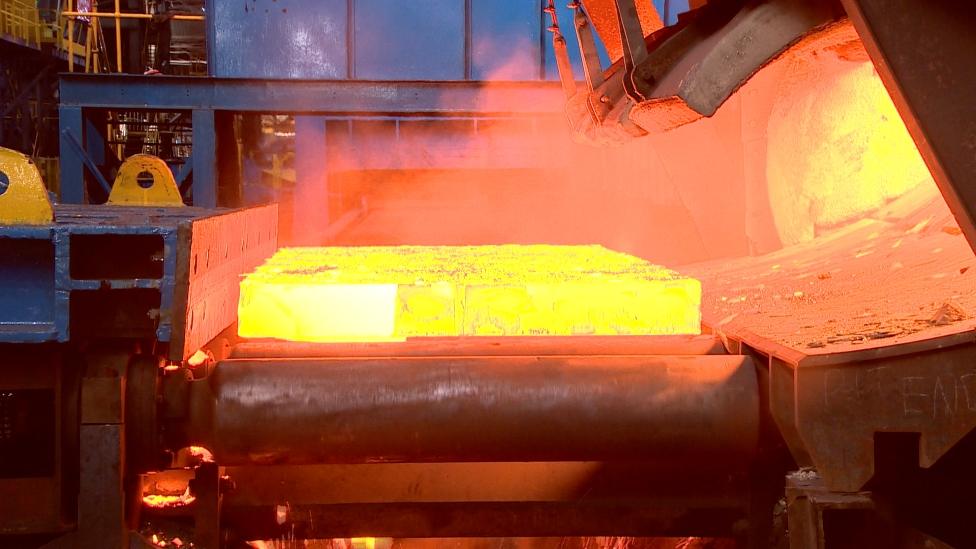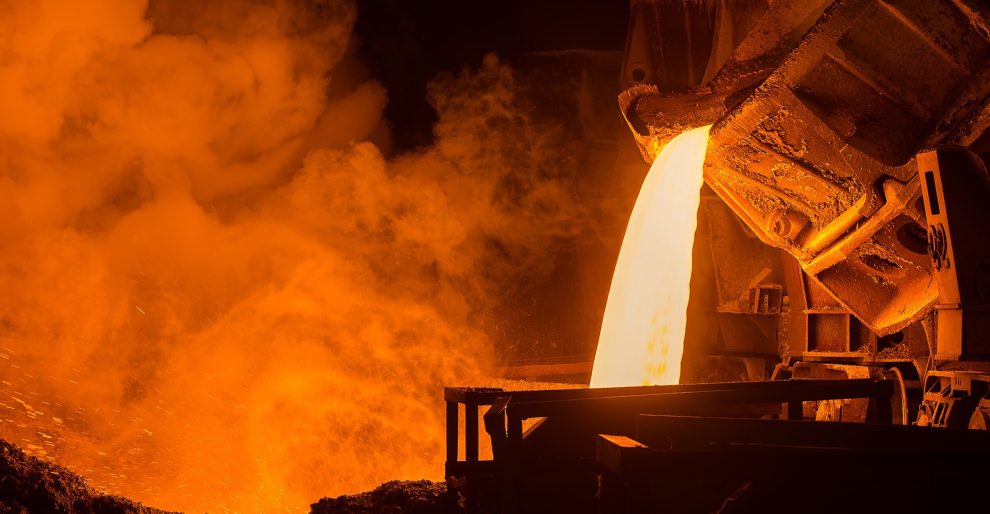Emergency bill to save Scunthorpe reignites anger over Port Talbot closure
WELSH politicians from across the political spectrum have accused the UK government of double standards, after emergency legislation was passed to protect a steelworks in England—while similar calls for support in Port Talbot were ignored.
The backlash follows the passing of a bill in Westminster aimed at saving the British Steel plant in Scunthorpe, where the UK’s last remaining blast furnaces are under threat. In contrast, Port Talbot’s blast furnaces were shut down in September 2024 with the loss of 2,800 jobs—without any such intervention.
Plaid Cymru’s Westminster leader Liz Saville-Roberts told Parliament: “Scunthorpe gets security. Port Talbot gets a pittance.”
She said the same emergency powers now being used to protect jobs in England could have been used to save blast furnace steelmaking in Wales, calling the lack of action for Port Talbot a “bitter, bitter disappointment.”

‘Wales treated as second-class’
The Port Talbot site is now transitioning to electric arc furnace technology, with a new plant expected by 2027. While this is seen as a move toward greener steel production, the method requires fewer workers—leading to widespread concern about long-term job losses and economic decline.
Plaid MS Luke Fletcher said Welsh steelworkers were promised support if Labour won power at both Westminster and the Senedd—but the final outcome looked very similar to what the Conservative government had already put forward.

Welsh Conservative MS Darren Millar said the UK Parliament should have recalled the Senedd during the Port Talbot crisis, just as it acted swiftly for Scunthorpe. “When crisis hits Wales, it’s tolerated. When it hits elsewhere, it becomes a national emergency,” he said.
Liberal Democrats: ‘Salt in the wound’
David Chadwick, MP for Brecon, Radnor and Cwm Tawe, said the decision to step in now for Scunthorpe while Port Talbot was left to suffer had enraged his constituents.
“It’s rubbing salt in the wound to now hear the government call primary steelmaking a strategic national asset—months after letting our own furnaces go cold,” he said.
“My grandfather worked the blast furnaces at Port Talbot. He would be heartbroken to see this level of inaction for Welsh workers.”
UK government defends its stance
Ministers have defended the difference in approach, arguing that the two sites face different circumstances.

Industry Minister Sarah Jones said the Labour government inherited a deal with Tata Steel that it could not reopen but improved upon. “There was a private investor willing to move forward in Port Talbot. That’s not the case in Scunthorpe,” she said.
Business Secretary Jonathan Reynolds added that Scunthorpe is the last site in the UK still producing virgin steel, making it strategically vital. “This is about national resilience. The world is changing, and we need the capability to produce primary steel for defence and key infrastructure.”
Still, for many in Wales, the damage is done.
One Port Talbot resident told The Herald: “It’s clear now. If this was happening in the South East of England, it would have been called a national crisis. But because it’s happening in Wales, it’s business as usual.”















